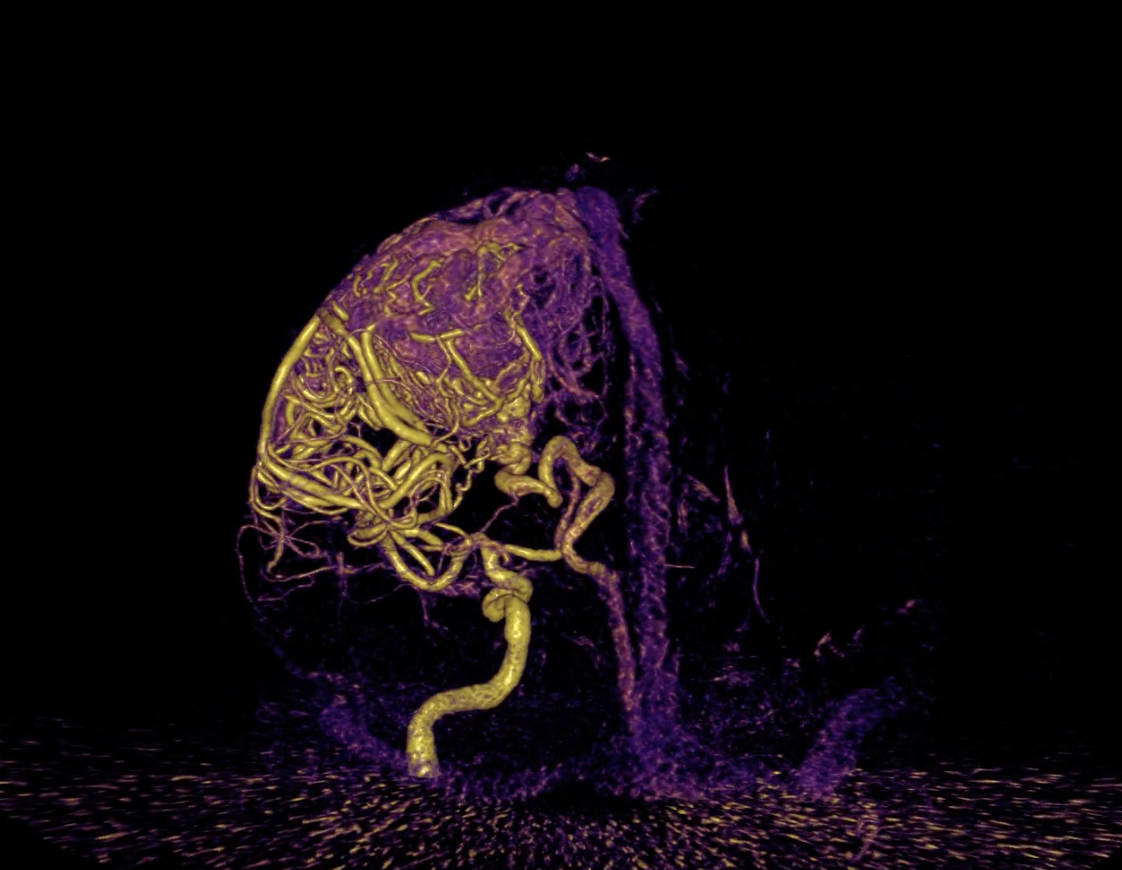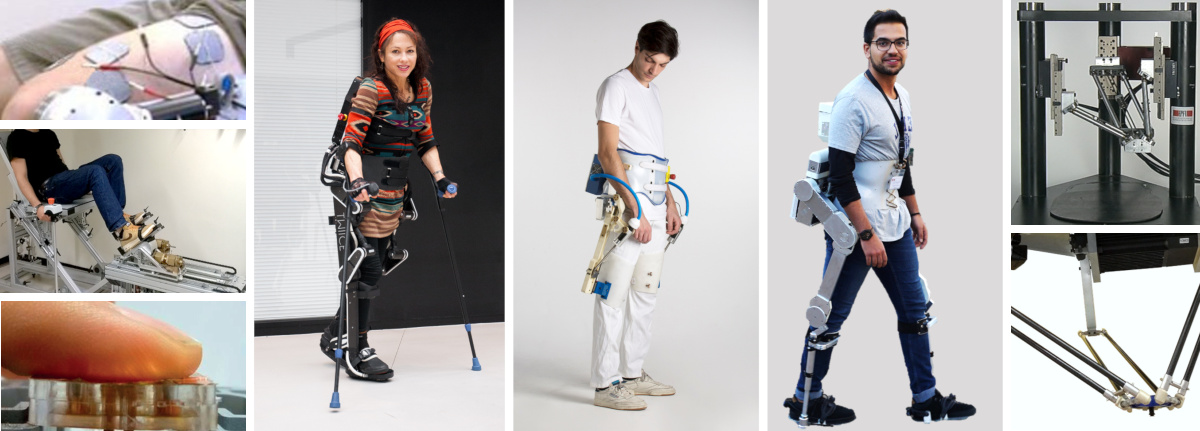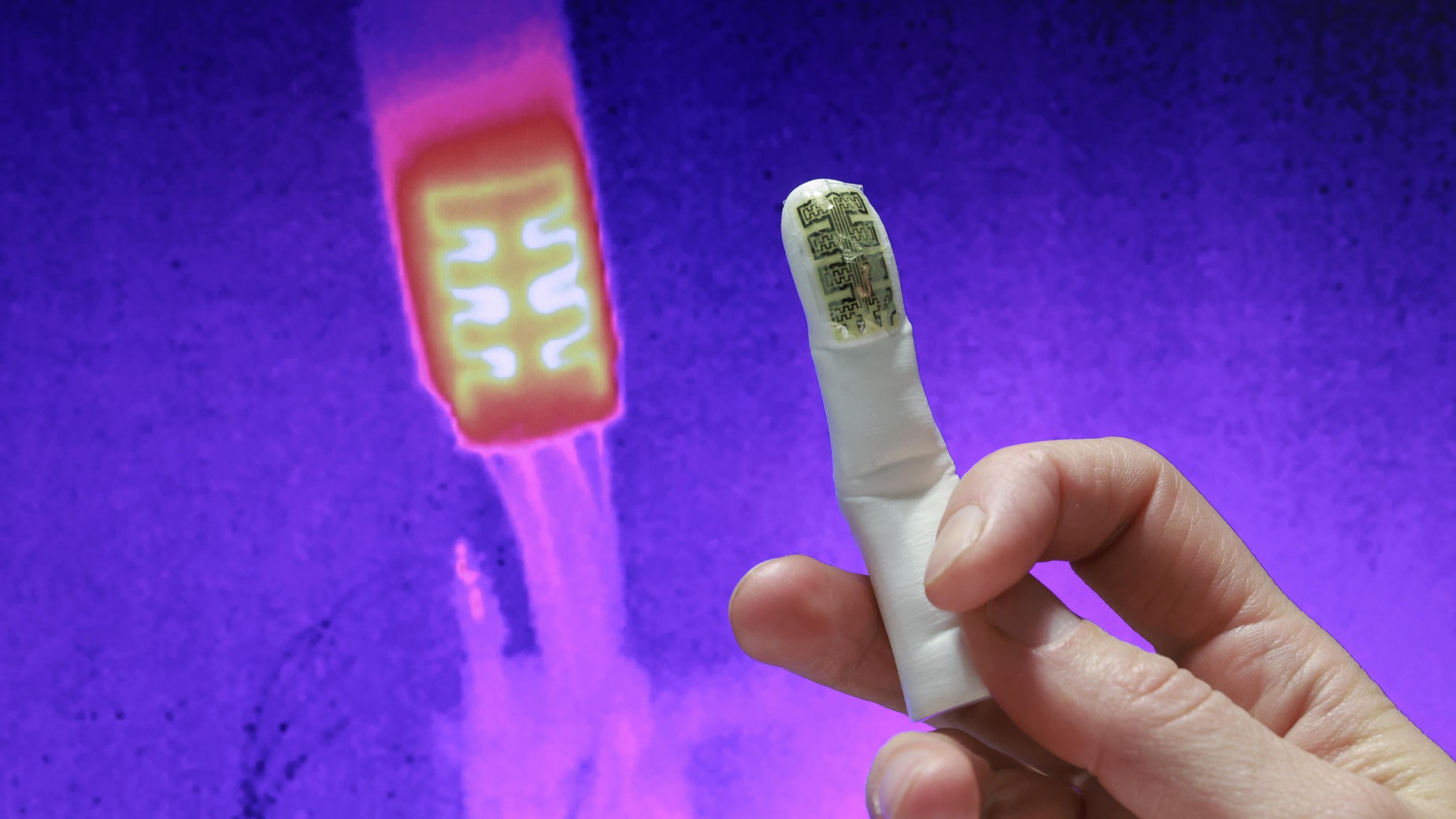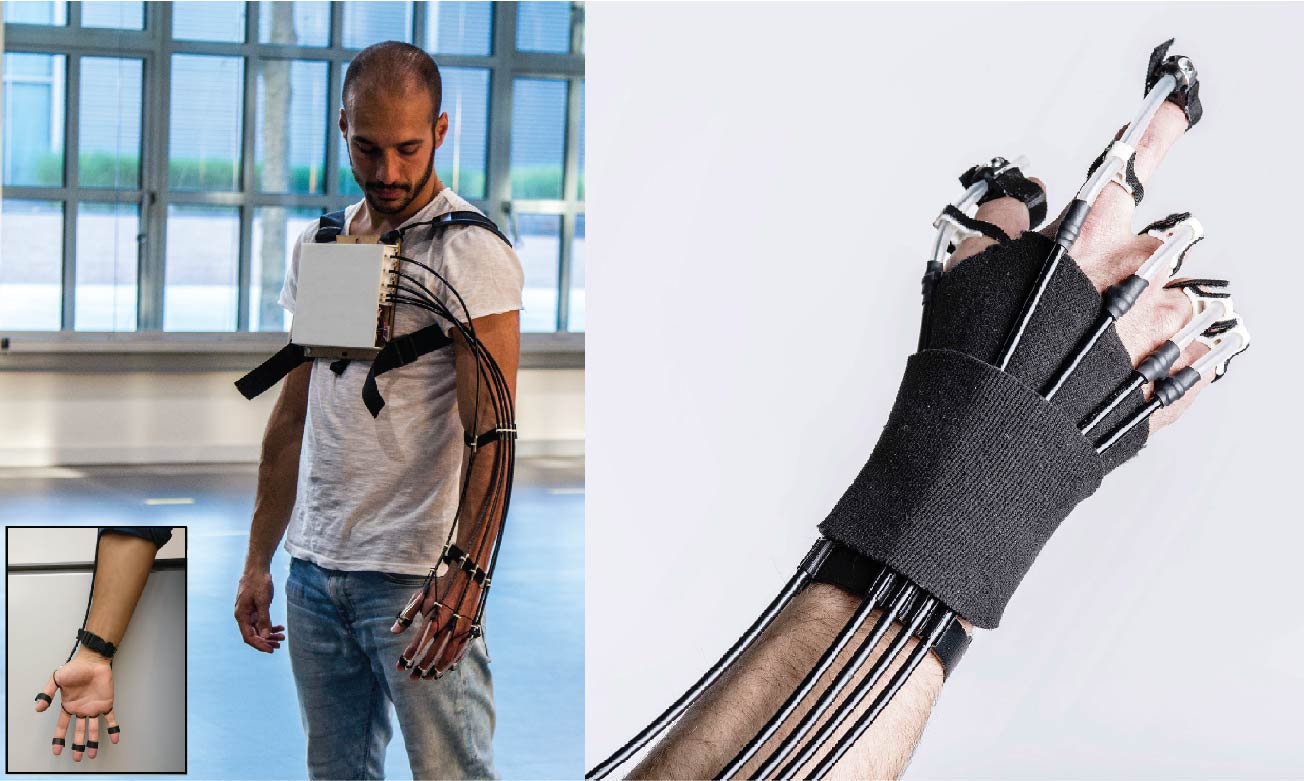Biomedical Engineering & Biomechanic
EPFL is a hub of interdisciplinary research in Biomedical Engineering and Biomechanics, where engineering principles are applied to understand, diagnose, and treat medical conditions. Researchers develop innovative medical devices, diagnostic tools, and computational models to study the mechanics of biological tissues and systems. From simulating cardiovascular flow to designing implants and wearable technologies, EPFL combines biomechanics, materials science, and data-driven methods to improve human health and advance clinical practice. This field plays a vital role in shaping the future of medicine through engineering innovation.
Key research themes
- Rehabilitation robotics
- Mechanobiology
- Wearable assistive devices
- Biorobotics
- Biomedical microfluidics
- Biosensors and bioelectronics
- Orthopedic biomechanics
- Cardiovascular modeling
- Human-machine interfaces
- Personalized medicine
- Imaging-based diagnostics
- Drug delivery systems
- Biomechanical modeling
- Bio-AFM (atomic force microscopy)
Professor with specific keywords
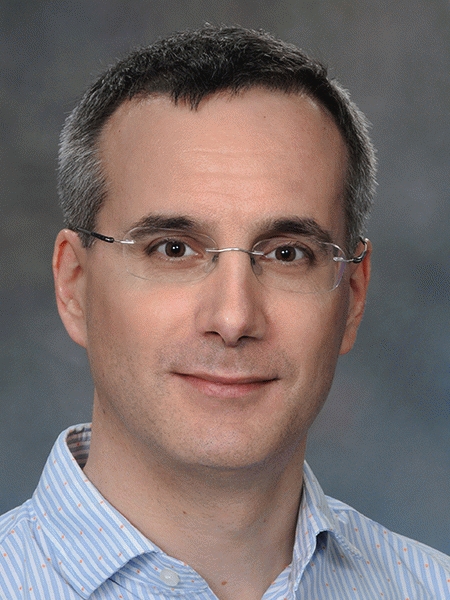 BARTH Patrick
BARTH Patrick
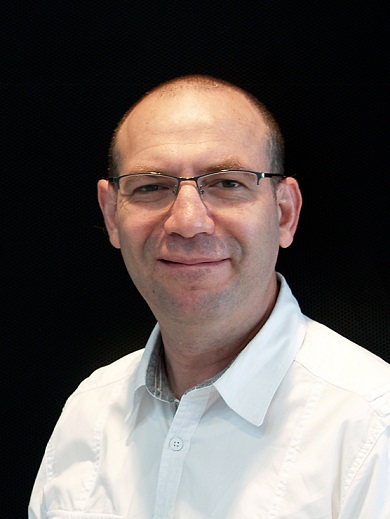 BOURI Mohamed
BOURI Mohamed
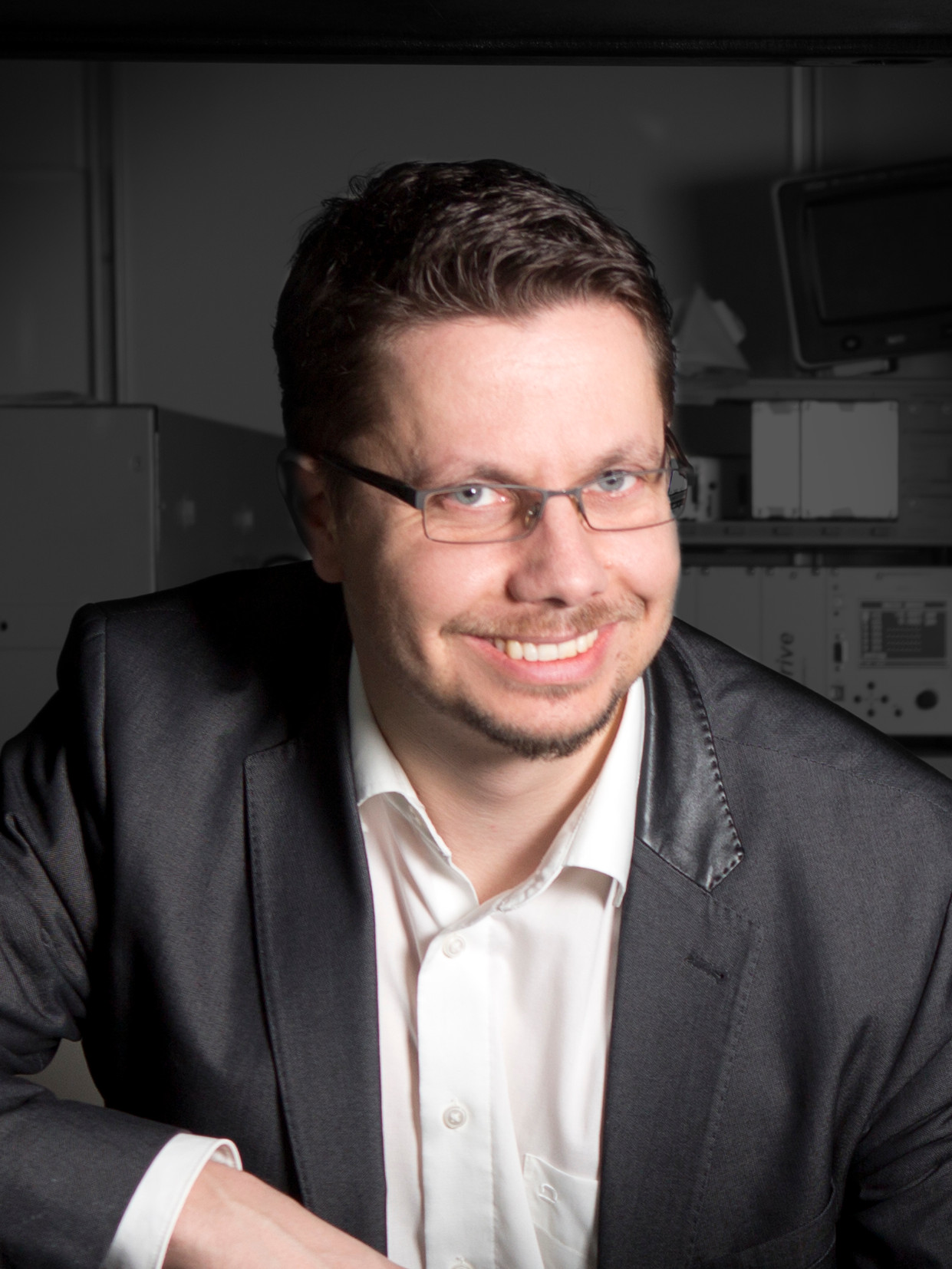 FANTNER Georg
FANTNER Georg
 GUIDUCCI Carlotta
GUIDUCCI Carlotta
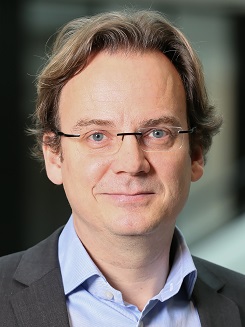 IJSPEERT Auke
IJSPEERT Auke
 MERTEN Christoph
MERTEN Christoph
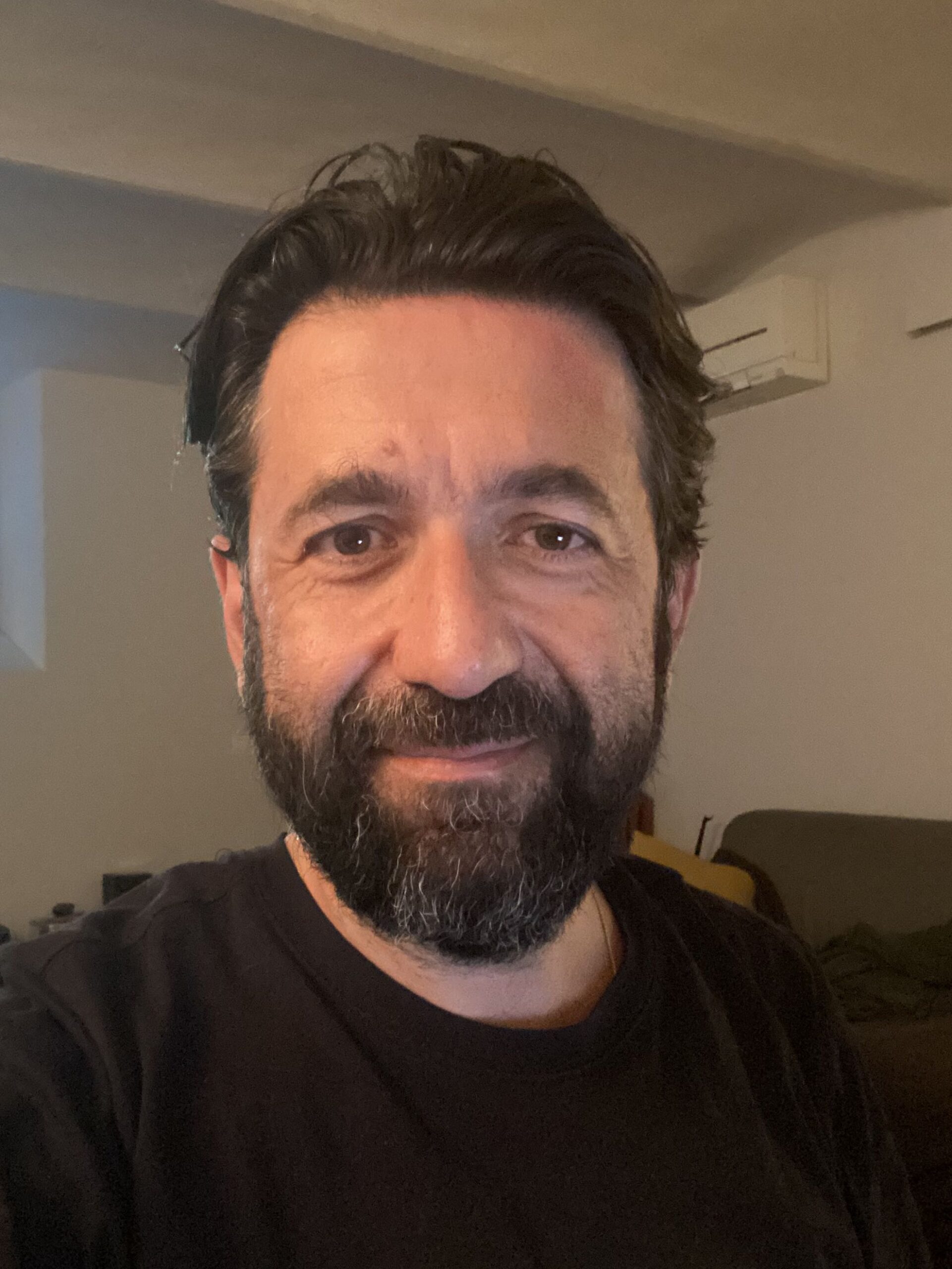 MICERA Silvestro
MICERA Silvestro
 NAKATSUKA Nako
NAKATSUKA Nako
 PIOLETTI Dominique
PIOLETTI Dominique
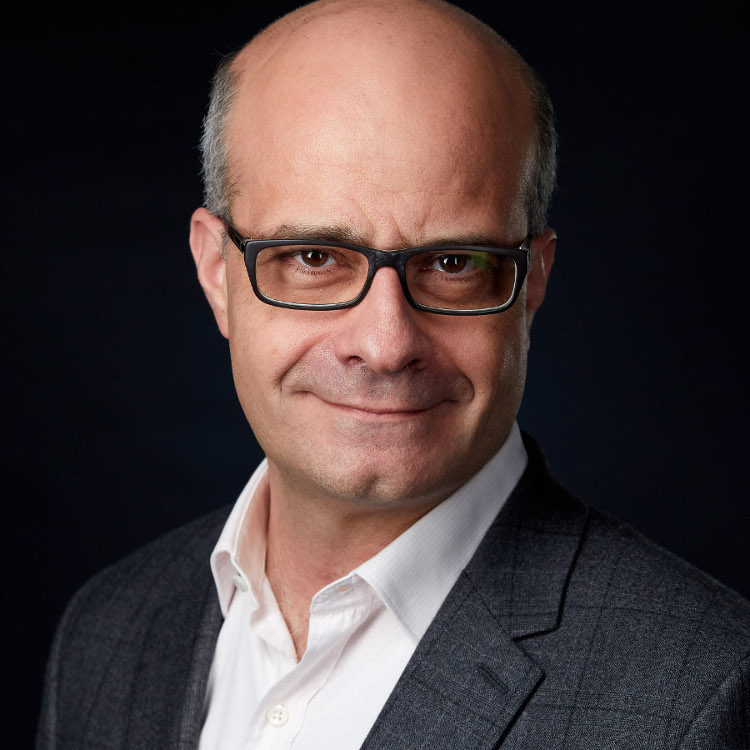 PIVETEAU Laurent-Dominique
PIVETEAU Laurent-Dominique
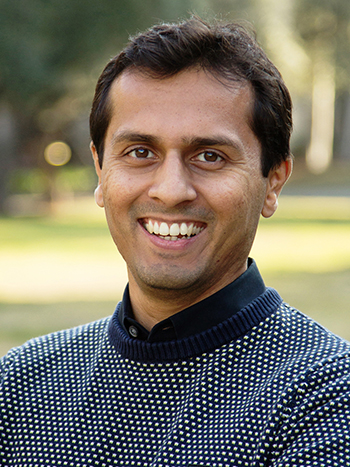 RAMDYA Pavan
RAMDYA Pavan
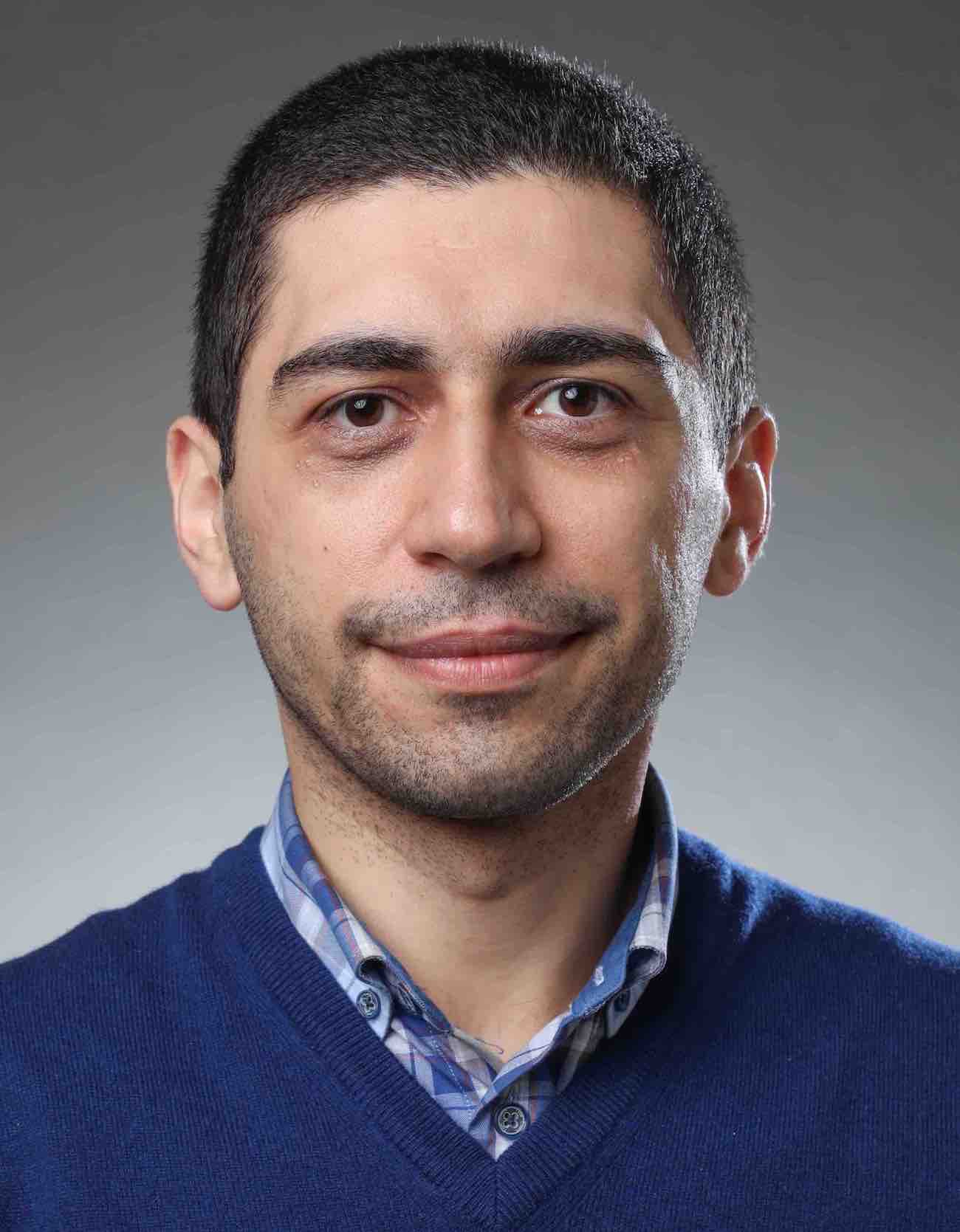 SAKAR Selman
SAKAR Selman
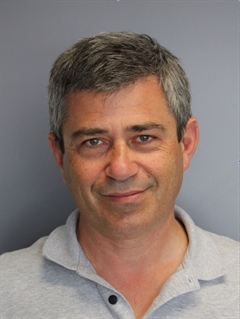 STERGIOPULOS Nikolaos
STERGIOPULOS Nikolaos

